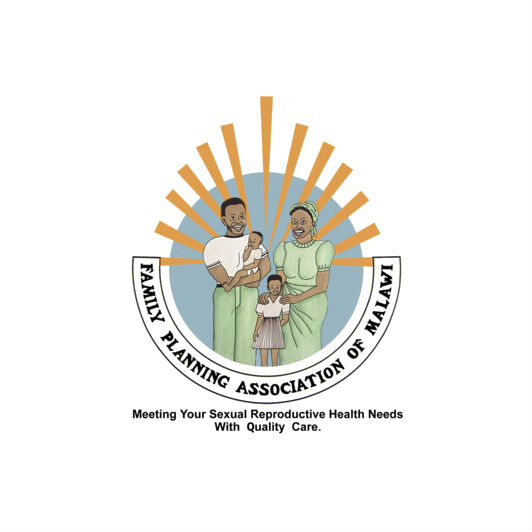

| 31 March 2016
Rutgers
In January 2011, Rutgers Nisso Groep and the World Population Foundation merged to form Rutgers. Rutgers is dedicated to promoting sexual and reproductive health and rights (SRHR) in the Netherlands and worldwide. The organization is a non-grant-receiving full Member Association of IPPF. The 3 fundamental principles underpinning Rutgers's work are the promotion of equal sexual treatment, the protection and improvement of SRHR, and the emancipation of specific vulnerable groups, or groups with particular sexual and reproductive health (SRH) needs. Rutgers contributes to the improvement of education, prevention, counselling and policy by gathering and disseminating knowledge. It does this by conducting scientific research and developing practical and appropriate services and materials for various target groups. It produces teaching packages, websites, books and brochures. Other work undertaken by the Member Association includes the organization of disciplinary education course for first-time youth sex offenders, training for healthcare professionals, research into (and the prevention of) gender-based violence (GBV), the development of preventive interventions, and monitoring changing sexual issues in the Netherlands. Contacts Website: http://www.rutgers.international Facebook: https://www.facebook.com/Rutgers Twitter: https://twitter.com/RutgersNL

| 31 March 2016
Family Planning Association of Malawi
When it was founded in 1999, the Family Planning Association of Malawi (FPAM) focused on providing family planning services. As the organization has evolved, it has both refined and expanded its operation. Today, FPAM targets young people primarily, and reaches out to under-served rural communities. As a result, it operates 64 service points, including 53 mobile sexual and reproductive health (SRH) facilities and 4 static clinics. Its community-based distributor/services (CBDs/CBSs) profile is also very strong with 65 additional delivery points. As ever with IPPF Member Associations, the mix of outlets and approaches is very much led by the particular demographic and geographic needs of the country. FPAM also provides youth-friendly SRH information, education and behaviour change communication materials to young people at 4 youth centres, and through schools. Peer educators use group discussions, theatre performances, publications and audio-visual materials produced by community reproductive health promoters to pass on the message about good SRH practice and access to resources. The distribution of contraceptives, pregnancy testing, the diagnosis and treatment of sexually transmitted infections (STIs) and voluntary counselling and testing (VCT) for HIV and AIDS are core to FPAM’s clinic activity. For its successful operation, the organization depends on a team of 46 full-time staff and over 600 volunteers. Over the years, FPAM has forged partnerships with health, family and youth departments in government, to advocate forward-thinking national SRH policies. It works with a variety of non-governmental organisations (NGOs) including the Malawi Girl Guides Association and Banja La Mtsogolo. Financing support comes from UNFPA, IPPF’s Japan Trust Fund, the Japanese Organization for International Cooperation in Family Planning (JOICFP), UNICEF, National AIDS Commission, GTZ, and Youth Incentives. FPAM also networks with other SRH-focused groups, particularly in the fields of HIV and AIDS and youth issues. Contacts Website: www.fpamalawi.org Facebook: https://www.facebook.com/FPAMalawi/







